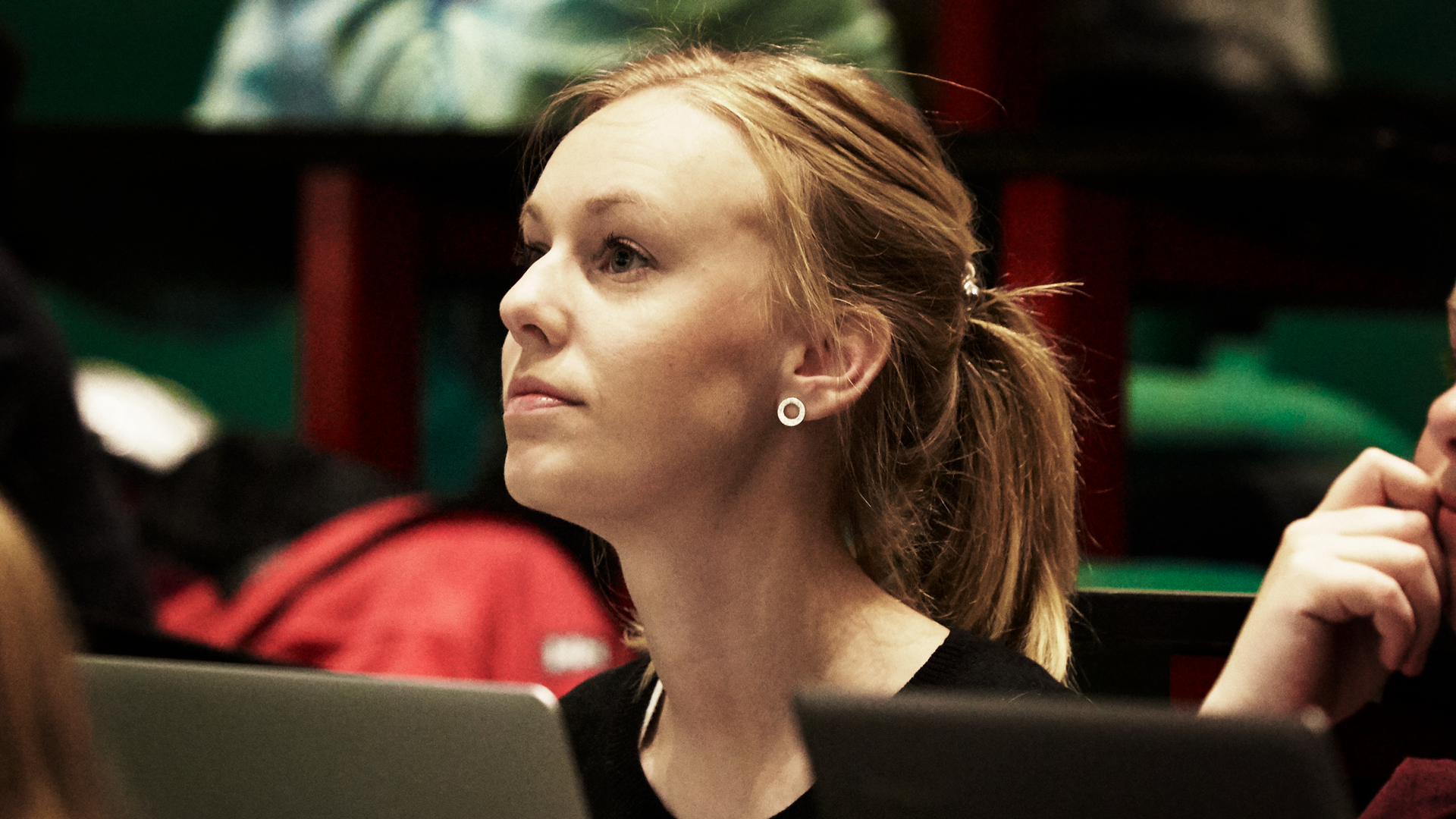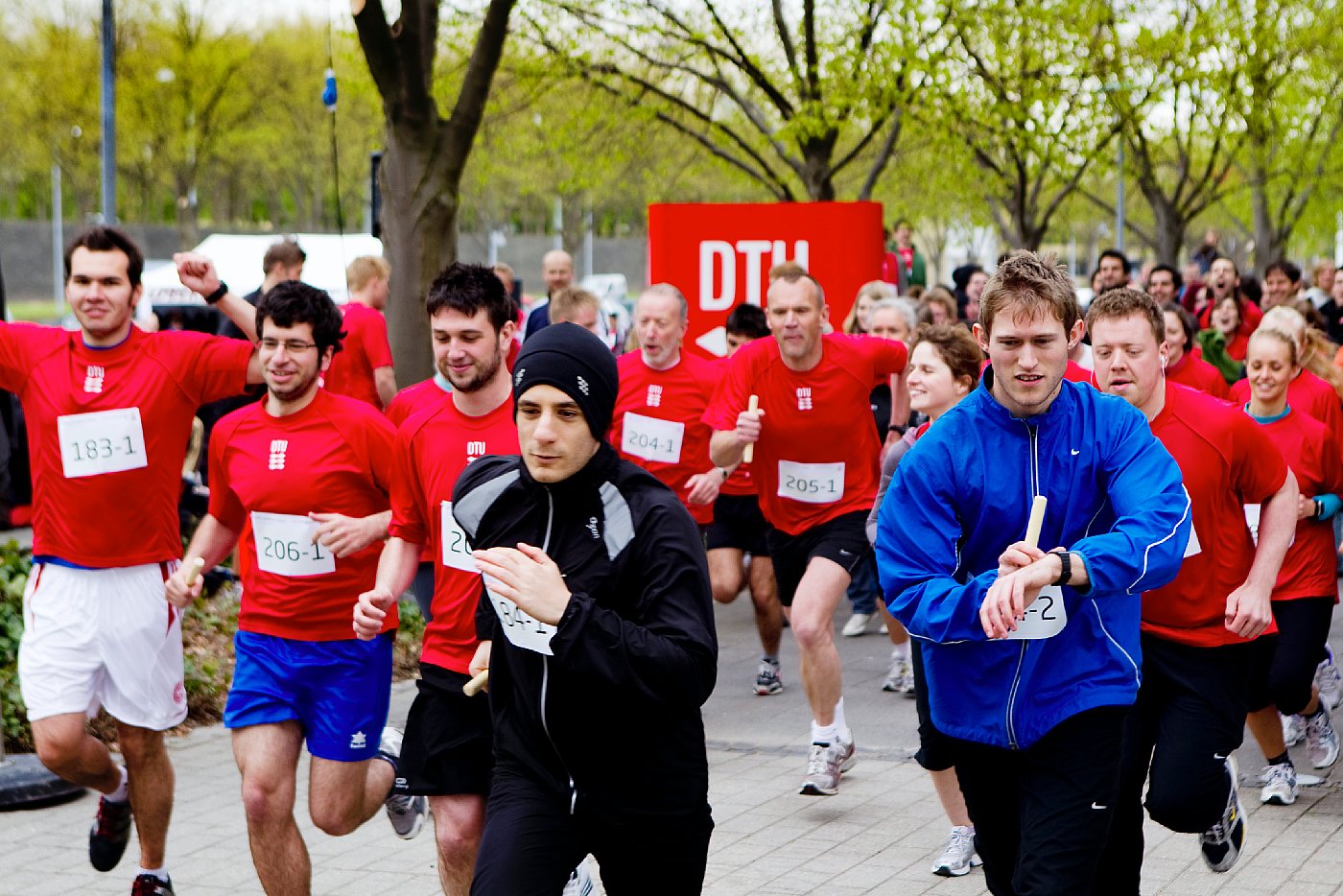In the Materials and Manufacturing Engineering programme you will discover the world of materials, the transformation from materials to final components, the evaluation of product qualities, and the technologies used in creating advanced products.
These skills are crucial for creating products in health tech, the toys industry, the energy sector, automotive industry, aeronautics and medical devices and are essential for the future green transition and more environmentally-friendly practices.
Focus of the Materials and Manufacturing Engineering programme
The programme focus is to develop and optimize products with improved functionality and extended lifetime which require:
- Detailed understanding of the internal structure of materials and how this affects the material properties and performance
- Knowledge of materials degradation mechanisms and how to prevent these
- Awareness of the environmental impact of the production processes
- Mastering advanced processing technologies for manufacturing and post-processing of high-tech products
- Application of digital tools in the design, optimization and evaluation of materials, products and production technologies
- Proficiency in designing and optimizing of product properties
- Evaluation of quality and performances of products
- Analysis of data obtained in study cases from different industries
The programme enables you to predict, control, and optimize the specific properties of materials. It also shows you how to improve industrial process technologies for making advanced product solutions at both the micro and macro scales.
The interaction between materials, processes, products, properties, and performance is central to the programme and is reflected in the programme title ‘Materials and Manufacturing Engineering’.
The Materials and Manufacturing Engineering programme is very application-oriented, and the teaching is based on most recent research directly connected to industry needs.
Besides theoretical courses and using computer models you will have access to state-of-the-art facilities and testing tools.
Your projects will most often be inspired by real industry situations and carried out in collaboration with industry. You will therefore be working with relevant, real-world cases throughout the entire study programme.
Curriculum
The MSc is a two-year graduate programme with a workload of 120 ECTS credit points.
See curriculum









